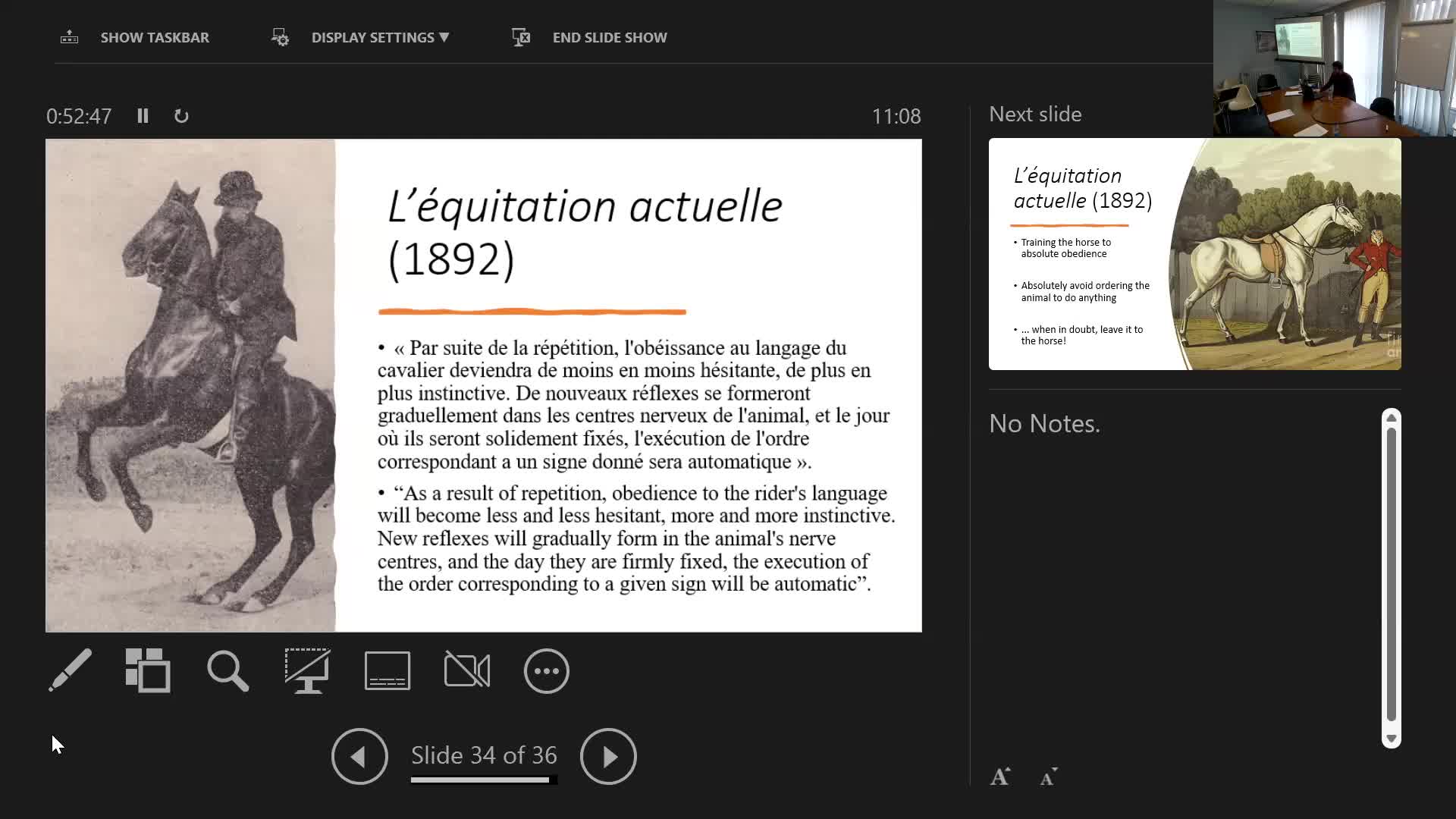Notice
Maison des Sciences de l'Homme de Bordeaux
Habits of obedience. Political anthropology in Tocqueville’s works on American prisons
- document 1 document 2 document 3
- niveau 1 niveau 2 niveau 3
Descriptif
- Intervention: Francesco Gallino, université de Turin
Despite their influence on 19th century prison debate, Tocqueville’s writing on American penitentiaries have often been underestimated by specialists. Yet they are works of considerable theoretical relevance. In his analyses of the rival «prison systems» of Auburn and Philadelphia, Tocqueville develops an original political anthropology. He studies the effects of domination, isolation, and forced labour on the psycho-political tendencies of inmates. And, at the same time, he analyses the dialectic between deliberative dialogue among peers and political capacitation. In the background (as first intuited by Michelle Perrot) is an essential question: how is it possible, in practice, to sustainably change an individual’s deep-seated behavioural propensities? If studied rigorously, the penitentiary writings engage in fruitful dialogue with Tocqueville’s other and more famous writings, starting with De la démocratie en Amérique. But they also tell us something more general about the history of theories (and practices) of reduction to obedience.
Thème
Avec les mêmes intervenants et intervenantes
-
Can a brainless bird fly? Ethology and political psychology in Gustave Le Bon Un oiseau sans cervel…
GallinoFrancescoGustave Le Bon (1841-1931) est surtout connu aujourd’hui pour sa Psychologie des foules (1895). Ses réflexions sur les foules irrationnelles ont influencé l’évolution des sciences sociales du


